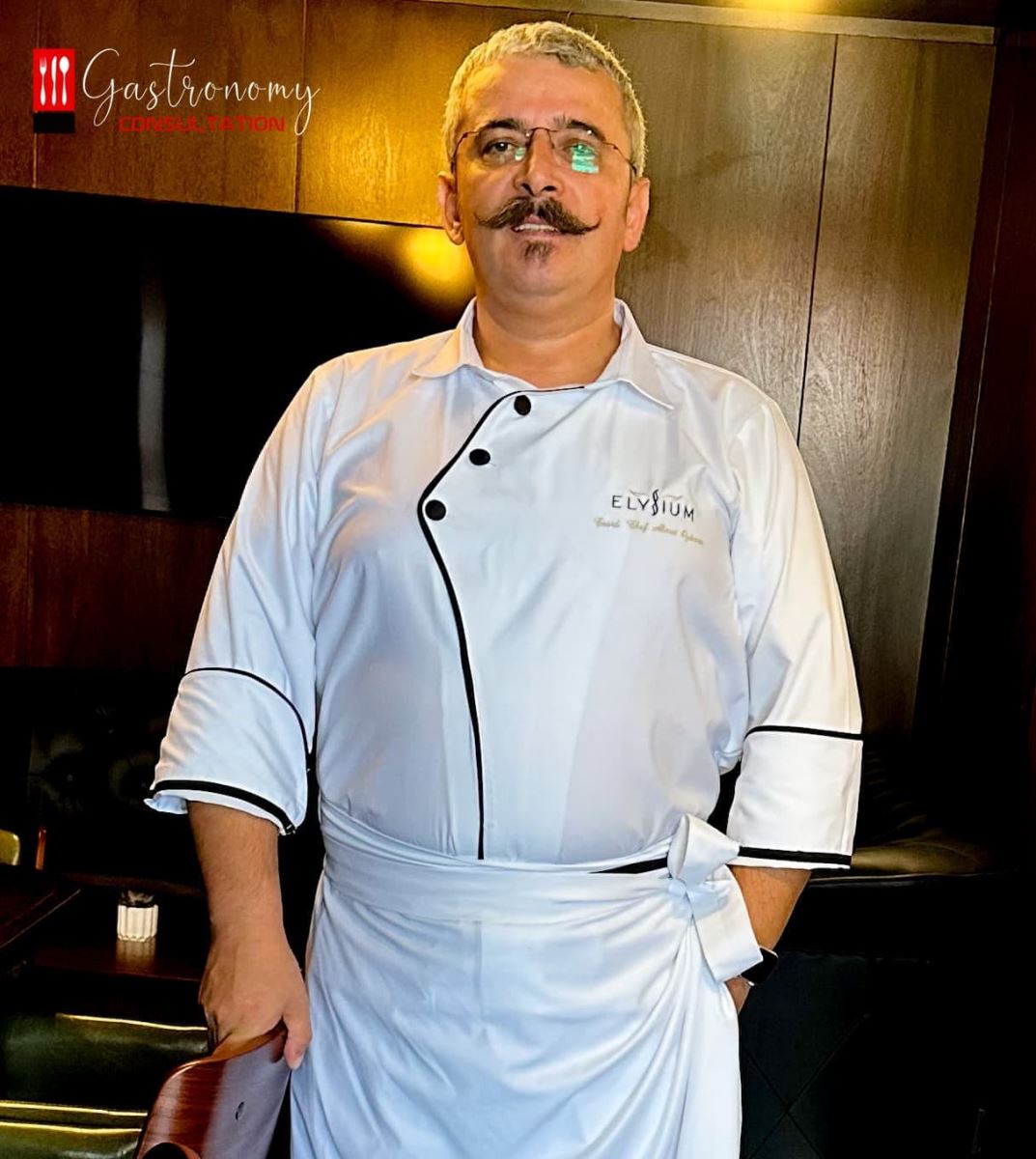Menu consulting is a specialized service that helps restaurants design and structure their menus to optimize customer appeal, operational efficiency, profitability, and overall brand cohesion. The features or components of menu consulting can be diverse, but typically they include the following...
 What are the Features of Menu Consulting?
What are the Features of Menu Consulting?
Coord. Chef Ahmet ÖZDEMİR
Menu consulting is a specialized service that helps restaurants design and structure their menus to optimize customer appeal, operational efficiency, profitability, and overall brand cohesion. The features or components of
menu consulting can be diverse, but typically they include the following:
Menu Analysis:
Evaluating current menu items based on sales, profitability, popularity, and food cost percentage.
Identifying "stars" (high profit, high popularity), "plowhorses" (low profit, high popularity), "puzzles" (high profit, low popularity), and "dogs" (low profit, low popularity).
Dish Development & Recipe Standardization:
Creating new dishes or refining existing ones to meet customer preferences and current food trends.
Standardizing recipes to ensure consistency in taste, presentation, and food cost.
Menu Design & Layout:
Designing the menu to be visually appealing and in line with the restaurant's brand.
Strategically placing items to draw attention to high-profit dishes using techniques like boxing, highlighting, or using vibrant images.
Pricing Strategy:
Setting prices based on food costs, perceived value, competition, and target profit margins.
Implementing psychological pricing techniques, like removing dollar signs or using ".99" pricing.
Menu Descriptions:
Crafting compelling and descriptive text for each item to entice customers.
Highlighting unique ingredients, preparation methods, or origin stories.
Dietary & Allergen Information:
Providing information on dishes that are vegetarian, vegan, gluten-free, etc.
Listing potential allergens to assist customers in making informed choices.
Menu Engineering:
Structuring the menu to optimize the sales of high-profit items.
Determining the optimal number of items per category to prevent overwhelming the customer.
Sustainability & Sourcing:
Recommending sustainable ingredients or suppliers.
Highlighting locally-sourced or organic ingredients on the menu.
Digital & Online Menus:
Adapting the menu for digital platforms, like the restaurant's website or third-party delivery services.
Ensuring the menu is mobile-friendly and easy to navigate.
Seasonal & Rotational Menus:
Designing menus that change based on seasonality, ensuring fresh ingredients and variety throughout the year.
Operational Feasibility:
Ensuring the menu items can be produced efficiently, given the kitchen's equipment, layout, and staff skills.
Training & Education:
Training the restaurant staff to understand, prepare, and upsell the menu items effectively.
Educating them about the dishes, ingredients, and their unique selling points.
Feedback & Iteration:
Collecting customer feedback on menu items.
Regularly reviewing and updating the menu based on changing trends, feedback, and operational needs.
A well-executed menu consulting process can significantly enhance a restaurant's appeal to its target audience, increase average ticket sales, and optimize operational efficiency, ultimately leading to improved profitability.
Coord. Chef Ahmet ÖZDEMİR
International And Intercontinental
Restaurant Consultant and Kitchen Consultant
World Ambassador of Ottoman and Turkish Cuisine